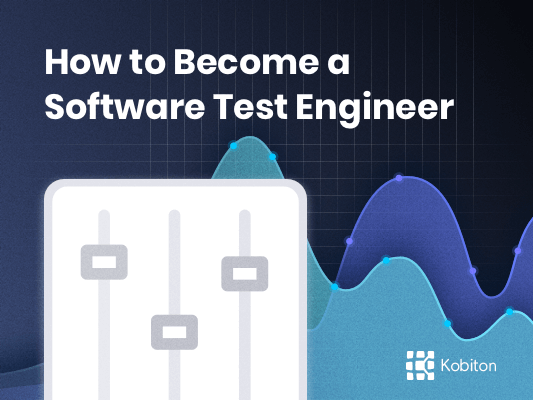
How to Become a Software Test Engineer

Adam Creamer
Artificial Intelligence (AI) is estimated to contribute $15.7 trillion to the global economy by 2030. With such statistics in mind, AI engineering will undoubtedly be a high-demand career that will shape almost every global industry in the future. For you to become an AI engineer, there are specific prerequisites that you must meet.
An artificial engineer uses machine learning techniques and neural works to develop a model that supports AI-based applications. Such complex processes require a high level of expertise and technical background. In this article, you’ll learn how to become an AI engineer and the specific prerequisites needed for you to kickstart this career path.
Artificial intelligence engineers implement solutions in machine learning to improve an artificial intelligence system’s capability to perform specific tasks. As an AI engineer, the main task is to build, maintain and deploy the AI system’s infrastructure. As an AI engineer, some of the typical responsibilities you may undertake include:
Now that we have a clear understanding of the mandate of an AI engineer let’s assess the actual process of how to kickstart this lucrative career path.
Academic qualification is the first prerequisite to a career as an AI engineer. A bachelor’s degree is the minimum education background you must have in your pursuit of a career path in AI. Specifically, you need to pursue a bachelor’s degree in computer science, Mathematics, Information Technology, Statistics, Finance, or economics.
A bachelor’s degree in any of these fields prepares you for the dynamics that make up the AI environment.
The AI landscape is dynamic. Beyond having a degree, you also need to have a hunger for additional skills. Such skills help you navigate the complexities that exist in the field. Remember, you are a problem solver. As such, you need technical skills to help you solve every problem in your line of work.
Some of the additional basic skills you need include:
AI engineers are entrusted with a rather delicate role in every economic sector. As such, you also need certification in specific areas beyond a bachelor’s degree. Certification in this context refers to digital badges proving you have the requisite skills.
Today, multiple certification bodies offer credible certification programs for AI engineers. The IBM certification course by Coursera is among the top-rated certifications for AI engineers. The course covers essential areas, including machine learning, neural networks, and deep learning.
Other applicable courses include the Artificial Intelligence Nanodegree Programs by Udacity. The certification prepares future AI engineers with basic concepts and provides practical solutions for some of the common challenges in AI applications.
Google currently also offers AI for every potential learner at edx. You’ll learn about mistakes in AI applications, neural works, and artificial intelligence applications here.
These certifications and a host of others prepare you to be an all-rounded AI engineer with incredible hands-on skills.
Much of what is needed in AI engineering is hands-on knowledge, and the theory part is essential in the initial stages of learning AI. However, every AI engineer needs adequate exposure to the actual application of AI in real-life scenarios.
Internships provide the opportunity to test out the various types of applications in AI. Interns also experience a broad range of specialization options before choosing the path that best fits their passion. Further, employers prefer AI engineers with an internship opportunity within a busy context.
The AI landscape is unpredictable due to the constant developments and innovation in the sector. If you want to become an Artificial Intelligence engineer, your interests should align with your industry’s trends, shifts, and advancements.
The internet currently provides information on trends, news, and future predictions related to AI. If you desire to become an AI engineer, it’s essential to focus on such trends that will shape the field in the future.
The future is Artificial Intelligence, and AI engineers will be the backbone of this future. With these five prerequisites, your path as an AI engineer can kickstart with a bang. You only need to focus on acquiring the academic and technical skills required.
Coupled with a grasp of current trends in the sector, you’ll be ready to penetrate the industry. You will also enjoy the technical support provided by the NOVA AI engine. The product offers one of the most reliable AI-driven remediation recommendations. Learn more from Kobiton today!